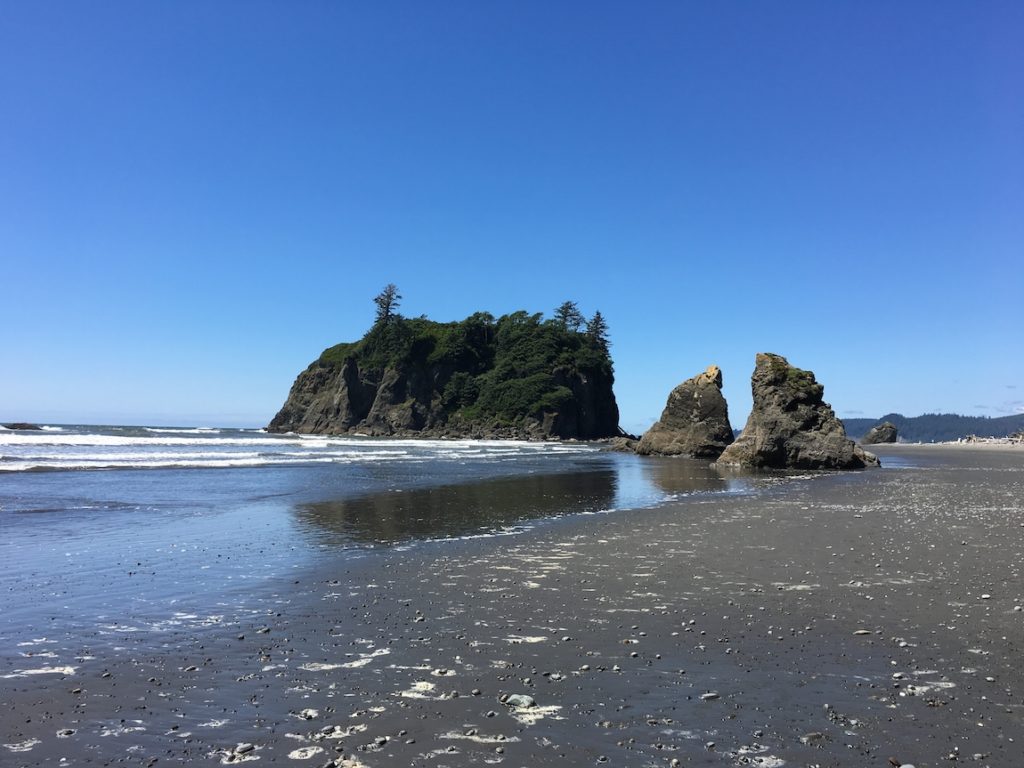
Washington offers the most dramatic scenery in the Pacific Northwest, and the best place to enjoy the outdoors is in a national park. Most of the top national parks in Washington State are a few hours from the Seattle area. Visitors can find beaches, temperate rainforests and mountaintop wildflowers. Travelers can learn about the volcanic Cascade Mountains along with the rich history of the region while exploring the area. Here are the top National Parks in Washington.
15 Top National Parks in Washington
-
Olympic National Park
-
Mount Rainier National Park
-
Mount St. Helens National Volcanic Monument
-
North Cascades National Park
-
San Juan Island National Historical Park
-
Klondike Gold Rush National Historical Park in Seattle
-
Lewis and Clark National Historical Park
-
Ebey’s Landing National Historical Reserve
-
Fort Vancouver Natural Historic Site
-
Oregon Trail National Historical Trail
-
Nez Perce National Historical Park
-
Lake Roosevelt National Recreation Area
-
Manhattan Project National Historical Park
-
Minidoka National Historic Site
-
Whitman Mission National Historic Site
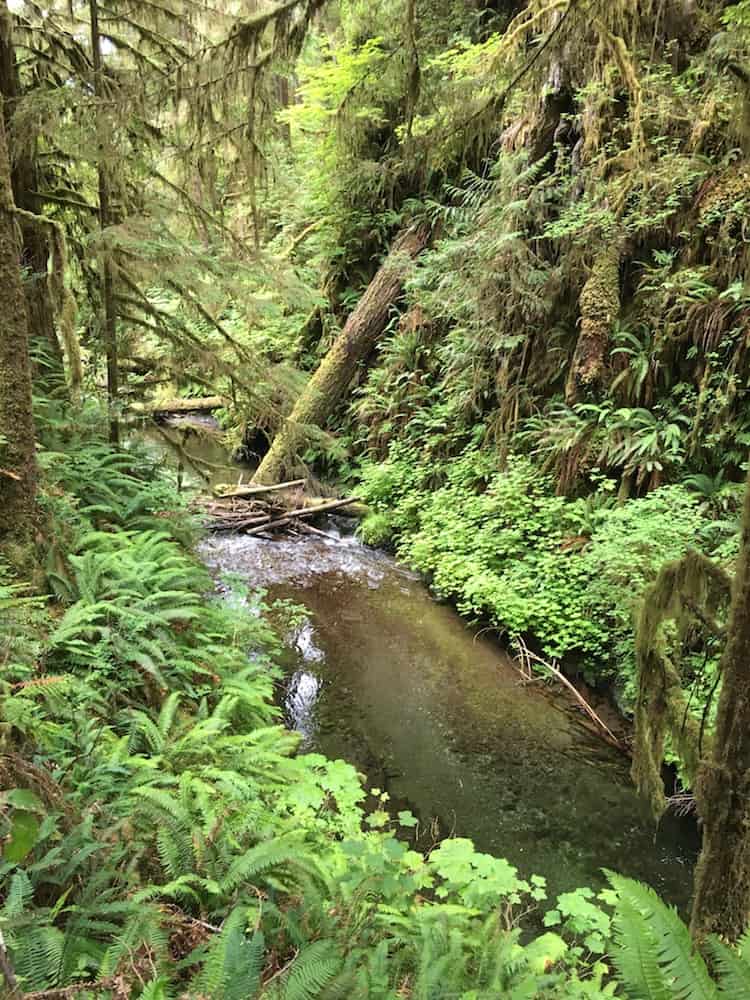
Olympic National Park
Located across the Puget Sound from Seattle, Olympic National Park protects 900,000 acres of wilderness. As a year-round outdoor destination, it features hidden trails meandering through temperate rain forests, rugged coasts dotted with tide pools and mountaintop meadows. It is one of the Top National Parks in Washington.
Olympic National Park offers three distinct ecosystems to explore. For this reason, the United Nations designated It a biosphere reserve in 1976 and later proclaimed it a UNESCO World Heritage Site in 1981.
A British Captain gave Mount Olympus its name in the 1700s, though Native Americans, like the Quinault and the Hoh, lived and hunted on the peninsula for millennia before. Theodore Roosevelt protected the Olympic Peninsula as a national monument in 1909. After a visit in 1937, Franklin D. Roosevelt designated the monument a national park in 1938.
Top Areas to Explore in Olympic National Park
-
Hoh Rain Forest
-
Lake Quinault and Quinault Rain Forest
-
Kalaloch and Ruby Beaches Tide Pools
-
Lake Crescent
-
Sol Duc Hot Springs
-
Hurricane Ridge
3 Day Itinerary in Olympic National Park
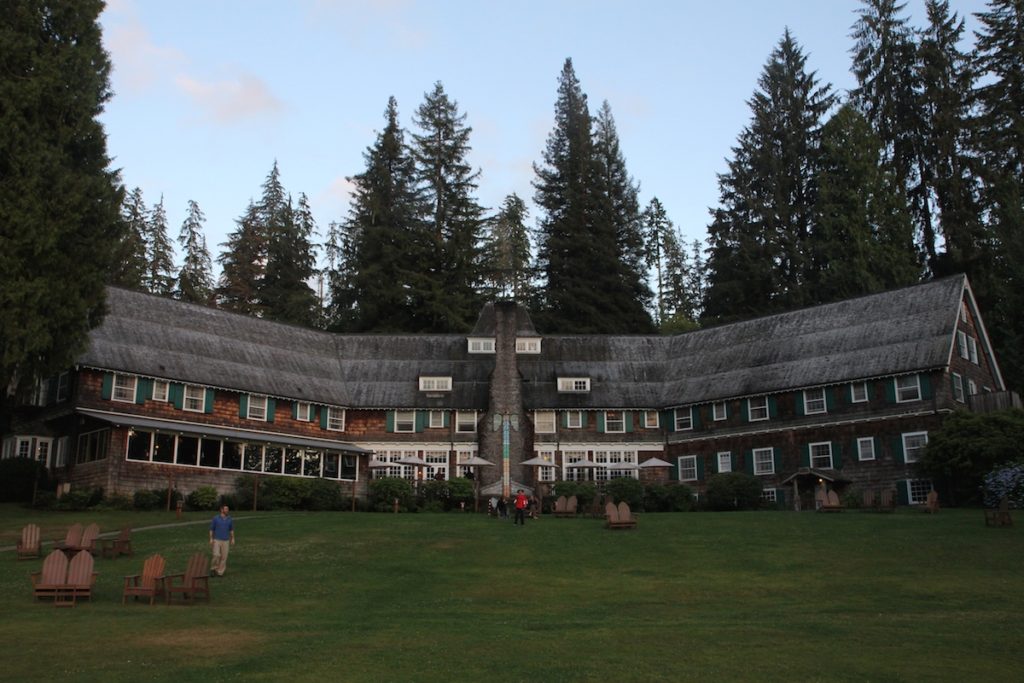
Where to Stay at Lake Quinault
Located in the Lake Quinault National Forest and along the shore of Lake Quinault, find a quaint lodge with lots of outdoor activities.
Located northwest of Seattle, two hours away, it is open 365 days a year and 24 hours a day. Use an America the Beautiful annual pass ($80) or purchase a 7-day pass for $30 per vehicle.
Olympic National Park is not a drive-through park since roads don’t bisect it. U.S. Route 101 wraps around the Olympic Peninsula, and park roads dead-end at ranger stations or visitor centers.
Review of Lake Quinault Lodge
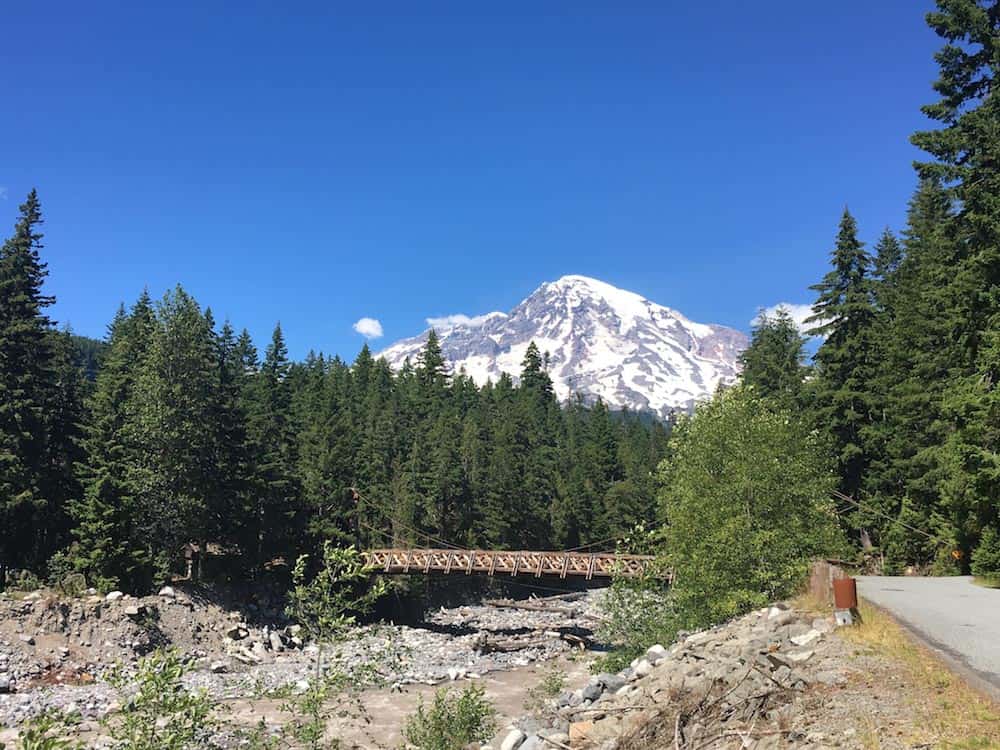
Mount Rainier National Park
Rising 14,410 feet above the ocean, Mount Rainier can be seen from Seattle on a clear day, only a couple of hours away. With its cone-shaped peak, it’s an active volcano and one of the most glaciated peaks in the continuous U.S. Additionally, it spawns five rivers. It is one of the Top National Parks in Washington.
What to see in Mount Rainier
-
Paradise area and Paradise Inn
-
Longmire area and National Park Inn
-
Sunrise area
-
Ohanapecosh area
-
Carbon and Mowich areas
Located southeast of Seattle, use State Routes 706, 123 and 165. Mount Rainier is open 24 hours a day, 365 days a year, though it has seasonal closures due to snow. Use an America the Beautiful annual pass ($80) or purchase a 7-day pass for $30 per vehicle. Mount Rainier requires timed entry reservations for both the Paradise Corridor and Sunrise Corridor. These reservations are $2, in addition to the standard 7-day pass.

Mount St. Helens National Volcanic Monument
Much like Mount Rainier, Mount St. Helens was a recreational playground for Washington. Then, one quiet Sunday morning in 1980, the snowcapped mountain vaporized, and a mudslide decimated its forest for a generation.
In 1792, British explorer Captain George Vancouver officially named Mount St. Helens after Baron St. Helens, an ambassador. Though the Cowlitz Indian Tribe and Yakama Nation’s name translates into the smoker, suggesting a history of volcanic activity.
Note: Johnston Ridge Observatory is closed until 2026 to repair State Route 504, which was damaged during a landslide. Instead, visit the Coldwater Science and Learning Center, located about 10 miles from the Observatory.
The Coldwater Science and Learning Center offers hiking, like the .25-mile Winds of Change Trail. This area offers information about Mt. St. Helens and offers programming. There is a bookstore, water and restrooms.
It is located on State Route 504, 42 miles east of Interstate 5. It is open daily from 10 a.m. to 4 p.m. and free to visit during the summer season.
Johnston Ridge Observatory visitor center offers dramatic films. If a ranger program is available, attend it.
The easiest trail in the area, the Eruption Trail is a .5-mile trail from the Visitor Center. It offers views of the lava dome and crater along with a pumice plain and landslide deposit. If time permits, stop at the Loowit Viewpoint, just west of the Johnston Ridge Observatory.
Located 52 miles east of Castle Rock, Washington, along State Route 504 (Spirit Lake Highway). Open 7 days a week from mid-May until the end of October, from 10 a.m. until 6 p.m. Use an America the Beautiful annual pass ($80) or purchase an adult admission for $8 per person; kids 15 and under enter for free. (closed until further notice)
Mount St. Helens Planning Guide

North Cascades National Park
Explore the rugged wilderness with over 300 glaciers from Ross Lake on the Canadian border to Central Washington’s Lake Chelan. At 500,000 acres, it’s divided into three NPS units, and most are designated wilderness. It is one of the Top National Parks in Washington.
Places to explore in North Cascades
-
North Cascades Visitor Center
-
Diablo Lake
-
Ross Lake National Recreation Area
-
Stehekim Valley and Lake Chelan National Recreation Area
Located 3 hours northeast of Seattle, visitors should use State Route 20. Open 24 hours a day, 365 days a year, though North Cascades has seasonal closures for less accessible parts of the park. Free to enter.
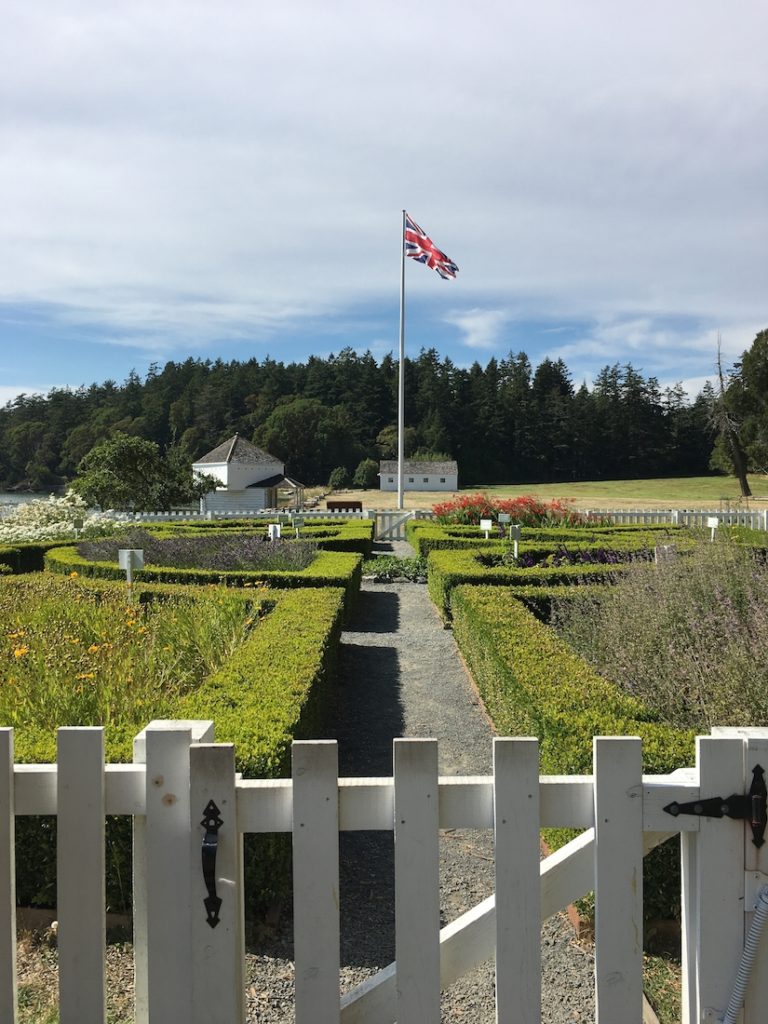
San Juan Island National Historical Park
San Juan Island National Historical Park celebrates the peaceful arbitration between the United States and Great Britain. In 1871, they settled the ownership of San Juan Island with the help of Germany.
With two separate locations on opposite sides of San Juan Island, visitors can explore the American Camp and the English Camp. They can also learn all about the land dispute of 1859 that a hungry pig started. It is one of the Top National Parks in Washington.
The American Camp Visitor Center is located at 4668 Cattle Point Road on the southern peninsula. During the summer, it is open from 8:30 a.m. to 5 p.m. and offers maps and Junior Ranger booklets.
The English Camp Visitor Center is open from 9 a.m. to 5 p.m. during the summer. It is located at 3905 W. Valley Rd.
San Juan Island National Historical Park’s grounds are open 365 days a year from dawn until 11 p.m. Free to enter.
San Juan Island Getaway Guide

Klondike Gold Rush National Historical Park in Seattle
In 1897, word of the Alaskan Gold Rush reached Seattle. Soon after, Seattle became the Gateway to the Gold Fields.
Prospectors were required to have a ton of provisions, like clothing, food and tents. Most got their gear in Seattle before heading north on a ship to Skagway.
Located at 319 2nd Ave. Seattle. Open Wednesday to Sunday from 10 a.m. to 5 p.m. No admission
Klondike Gold Rush National Historical Park in Skagway, Alaska
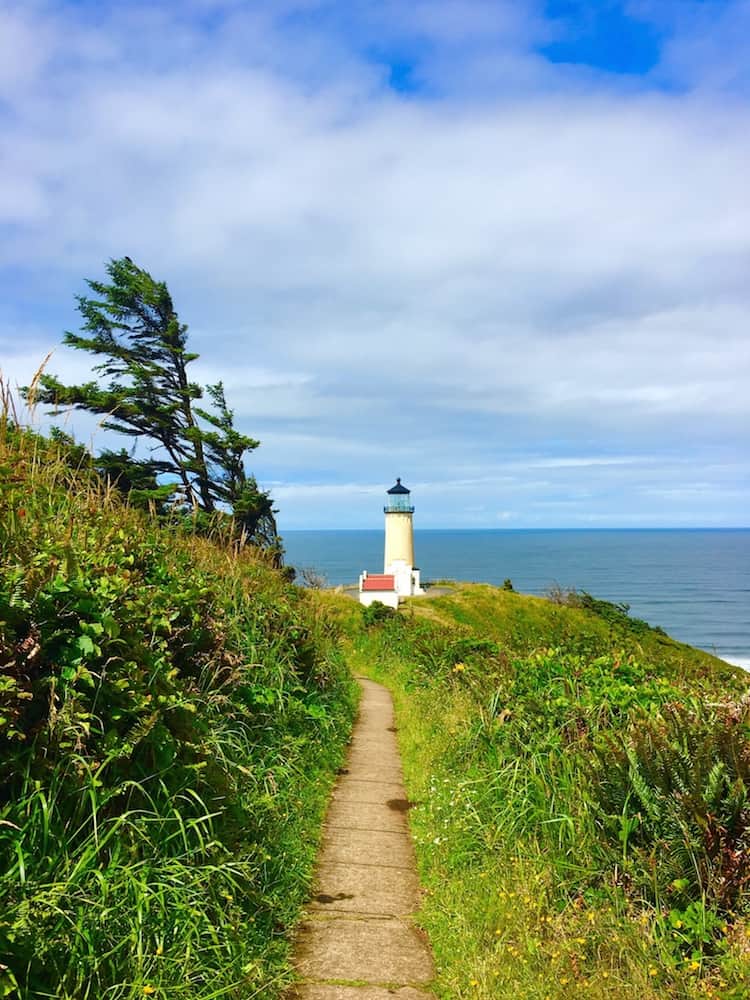
Lewis and Clark National Historical Park
Lewis and Clark National Historical Trail is a 4,900-mile trail that spans 16 states. It starts in Pittsburgh, Pennsylvania, and goes through Omaha, Nebraska, before continuing along the Columbia River to Astoria to retrace the explorers’ route.
The Lewis and Clark National and State Parks are a collection of national and state park sites dedicated to the Lewis and Clark Expedition. In Washington, the expedition explored Cape Disappointment.
Cape Disappointment State Park features a Lewis and Clark Interpretive Center inside the park. The park offers hiking and camping.
Located at 244 Robert Gray Way. Open from 6:30 to dusk. A day pass is $10.
What to do at Lewis and Clark Park Sites
Ebey’s Landing National Historical Reserve
Located on Whidby Island in Puget Sound, this reserve encompasses three Washington State Parks, the town of Coupeville along with privately owned land. It’s a free NPS site.
During your visit, check out the Jacob and Sara Ebey House, originally built in 1856. Open Thursday to Sundays from 10 a.m. to 4 p.m. from Memorial Day until Labor Day.
You can also visit Ft. Ebey or Ft. Casey, Washington State Park sites. Each requires a Washington Discover Pass, the Washington State Park day pass.
Get to Whidby Island on the Washington State Ferries from Mukilteo or Port Townsend. Or take Washington State Route 20.
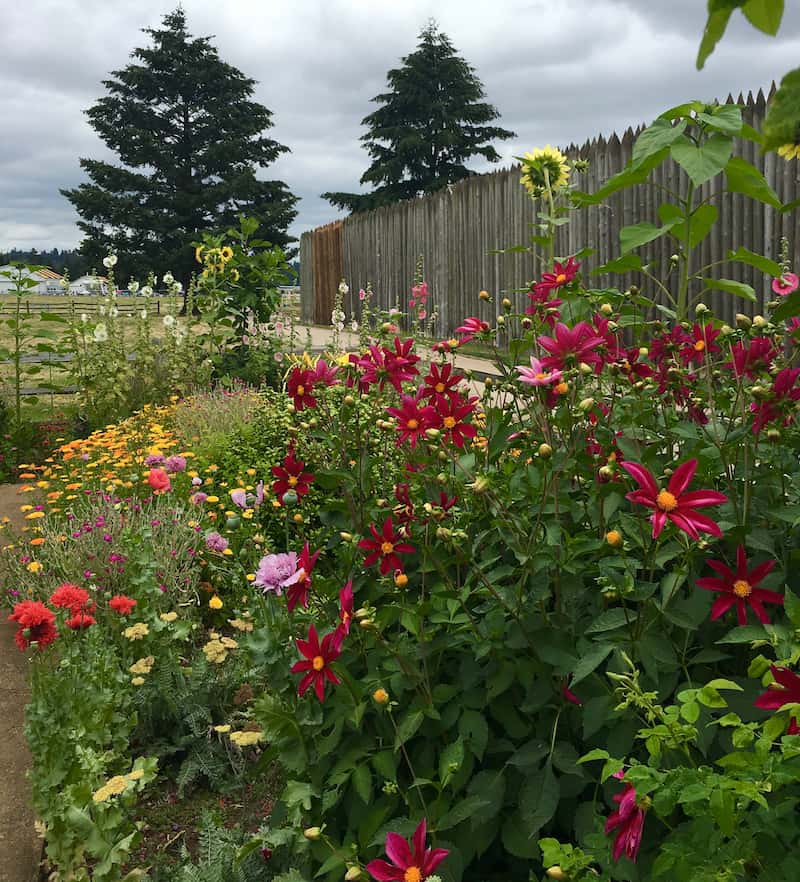
Fort Vancouver Natural Historic Site
The fur industry was important in the area during the 1800s. Fort Vancouver sits along the shores of the Columbia River and explains its role in history.
Visitors can take a self-guided tour and walk through several reconstructed buildings to learn more about the Hudson Bay Company, its blankets and the fur trade. During the summer season, the Fort Vancouver Natural Historic Site features a reconstructed Hudson Bay Company fort along with costumed interpreters.
Visitors can walk through cultural demonstrations like the blacksmith shop, carpentry shop or bake shop. Fort Vancouver Natural Historic Site features a large garden planted with seasonal vegetables.
Located at 1501 E. Evergreen Blvd. in Vancouver, Washington. Open Tuesday to Saturday from 9 a.m. to 5 p.m. during the summer (4 p.m. for the rest of the year). Adult admission for the Hudson Bay Company Fort is $10 per person.
Oregon Trail National Historical Trail
Emigrants used this trail to travel to the West during the 1800s, covering 2,000 miles and six states. Learn more about the perils and journey at Fort Vancouver NHS.
Nez Perce National Historical Park
Learn about the Nez Perce people in a historical park that includes sites in four states—Idaho, Montana, Oregon and Washington. Washington’s site is the Buffalo Edy, 18 miles south of Asotin. See petroglyphs on the rock walls along the Snake River.
Lake Roosevelt National Recreation Area
Along the Columbia River, find a 130-mile-long lake created by Coulee Dam. Used for recreation, you can also camp, hike, and tour historical buildings.
Located at 1008 Crest Dr., Coulee Dam. Open 24 hours a day. There’s no fee to enter, though there’s a boat launch fee.
Manhattan Project National Historical Park
Learn about the development of the world’s first atomic bomb at sites in Tennessee, New Mexico, and Washington. The Hanford Site in Washington is also where you can learn about the world’s first full-scale plutonium production reactor. Constructed in 1943, it operated intermittently until 1968.
The Department of Energy conducts seasonal tours (April to November). In 2008, the facility was designated a National Historic Landmark.
It is located at 2000 Logston Blvd. in Richland, WA. Summer hours are from 7 a.m. to 4 p.m. (8 a.m. to 4:30 p.m. for the rest of the year), Monday through Saturday, and closed Sunday. The guided tour is free, though advance registration is required.
Minidoka National Historic Site
During World War II, an executive order imprisoned over 120,000 Japanese-Americans in internment camps across the West Coast. The Minidoka National Historic Site is in Idaho, though Bainbridge Island Japanese American Exclusion Memorial is in Washington.
The Bainbridge Island Japanese American Exclusion Memorial honors the people removed from their homes after Pearl Harbor.
Located at 4192 Eagle Harbor Dr. Open from dawn to dusk and is free to enter.
Whitman Mission National Historic Site
Learn more about the attack on the Whitman Mission in 1847, where 14 people died.
Located at 328 Whitman Mission Road, Walla Walla. The visitor center is open from 9 a.m. to 4 p.m. Tuesday to Saturday. Free to enter.
How to Visit a National Park for Free
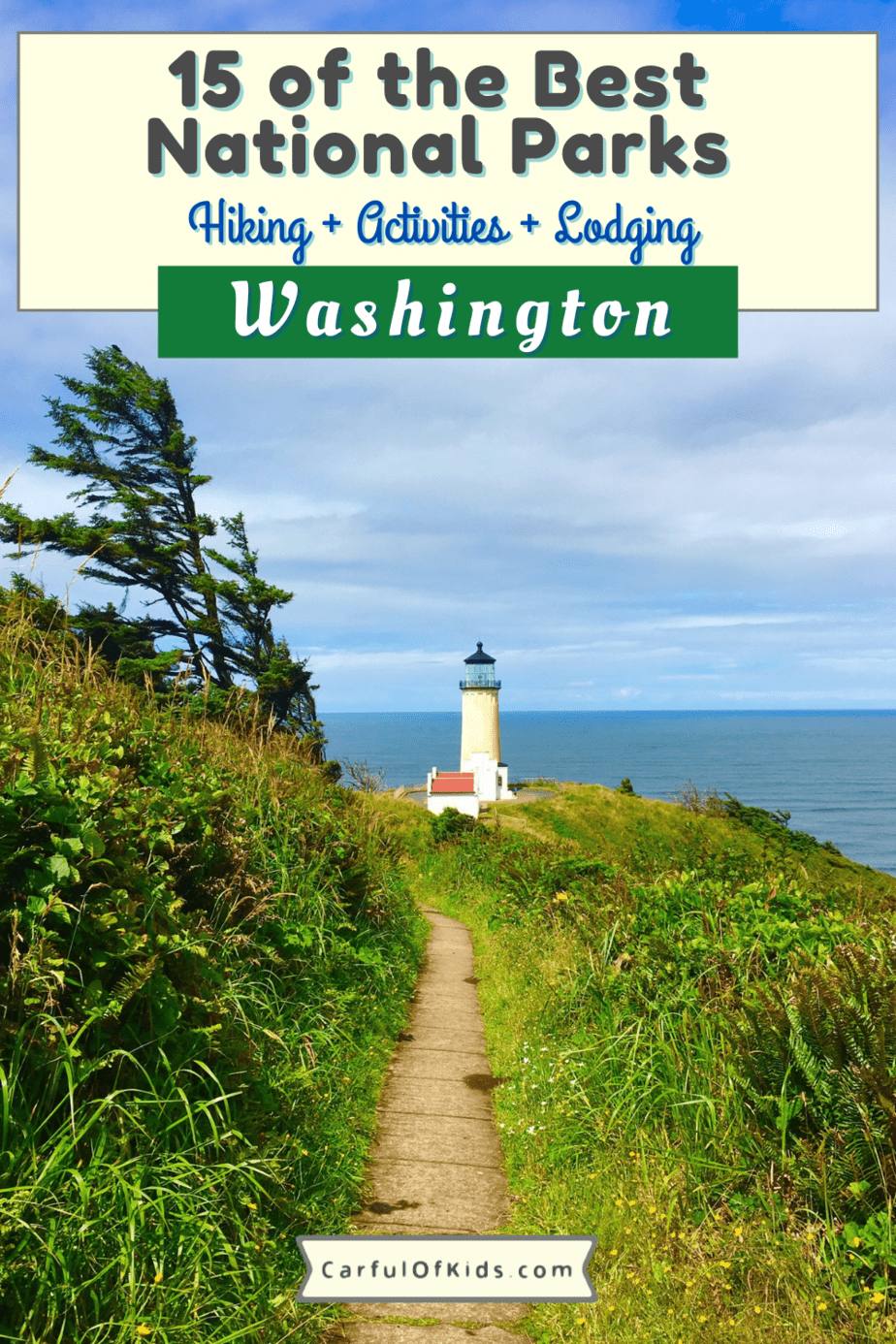

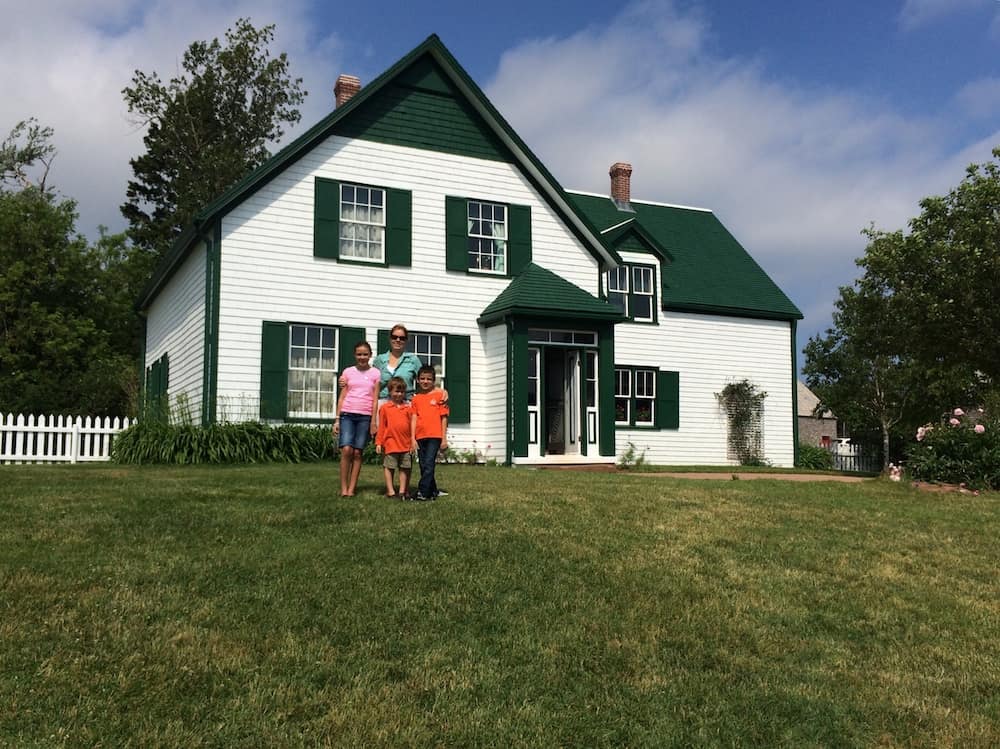
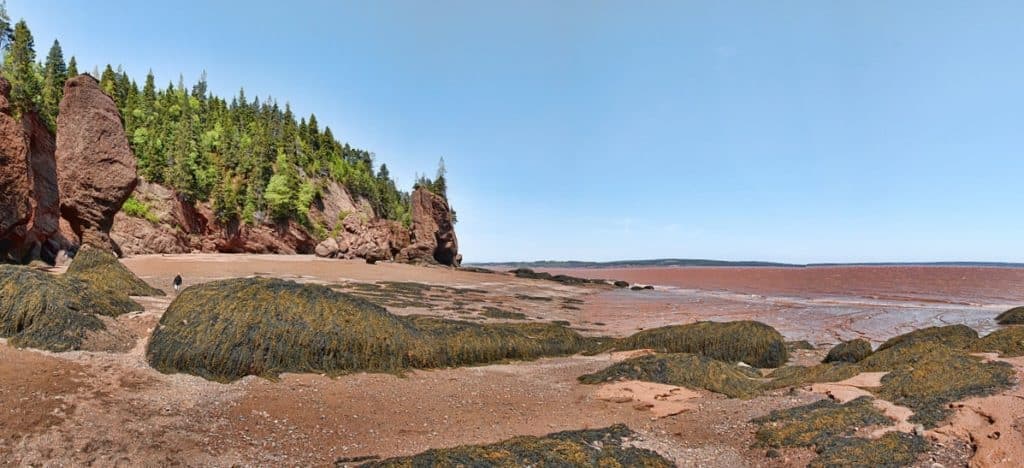
2 Comments
Nice article …Thanks for Sharing
Thanks! Hope you get to visit.